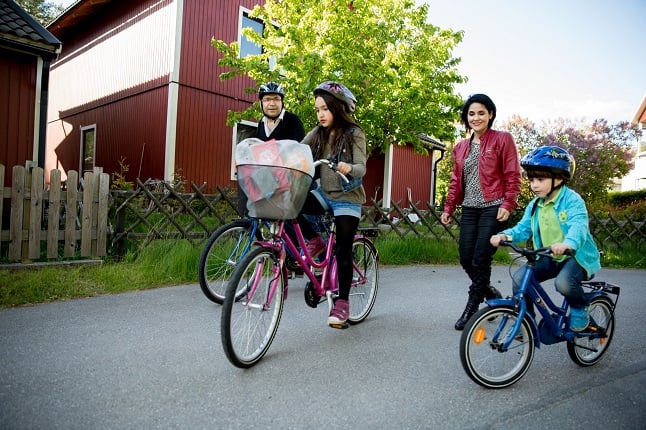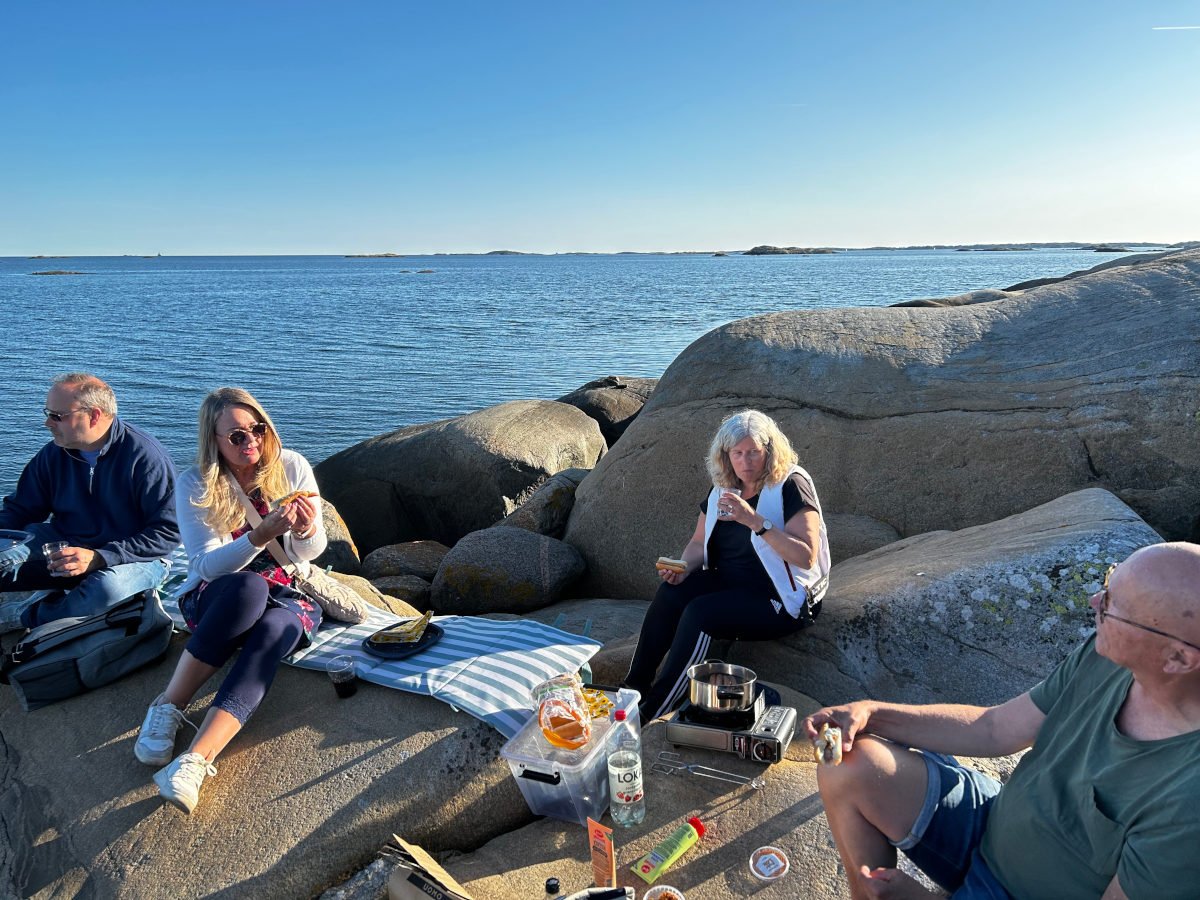The measure, long floated by the Social Democrats, means that parents can take up to six days’ leave paid at 80 percent of their salary in order to spend time with their children. The policy only applies to parents with children aged between four and 16, and in cases where a child has two caregivers they will get three days each, while single parents will get the full six.
- What to expect when your child starts school in Sweden
- ‘Robbed of time’: How have foreign mums in Sweden coped with raising ‘pandemic babies’?
The government hopes the week will “facilitate better work-life balance, reducing stress for parents, and increasing time together for children and parents.”
But critics include the Swedish Federation of Business Owners and the The Confederation of Swedish Enterprise, for example, which said that the measure would effectively reduce the labour force at a time when businesses are already struggling to find staff.
We would like to hear what our readers, Sweden’s international residents, think of the proposal. Please fill out the short two-minute survey below to share your opinions, whether you are a parent or not. We will publish some of the answers we receive in an article; there is an option to remain anonymous.





 Please whitelist us to continue reading.
Please whitelist us to continue reading.
Sweden is very family orientate state that is clear and good but don’t parents already get many days off to stay home with their kids and VAB days with work? how much time off do they need? Plus, don’t parents say they are always so happy to go back to work after the kids have been at home on holiday?! Joking aside I think parents have enough days allowance to not need more time off work. Of course I fully understand is the child needs medical assistance or treatment meaning the parent has to stay home from work, but i don’t think it is the case for this proposed family week.
Great share!
Found your post interesting to read. I cant wait to see your post soon. Good Luck for the upcoming update.
This article is really very interesting and effective.